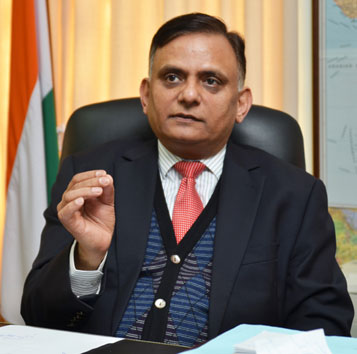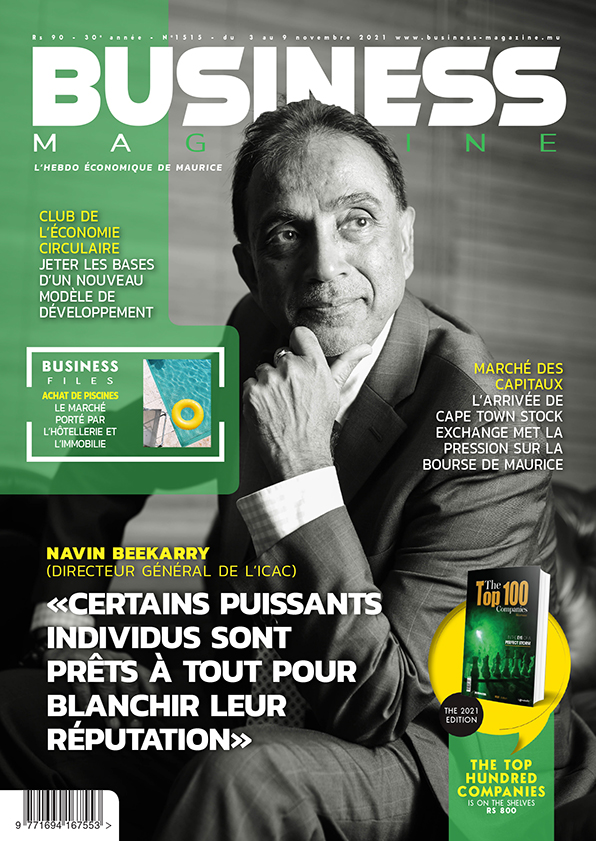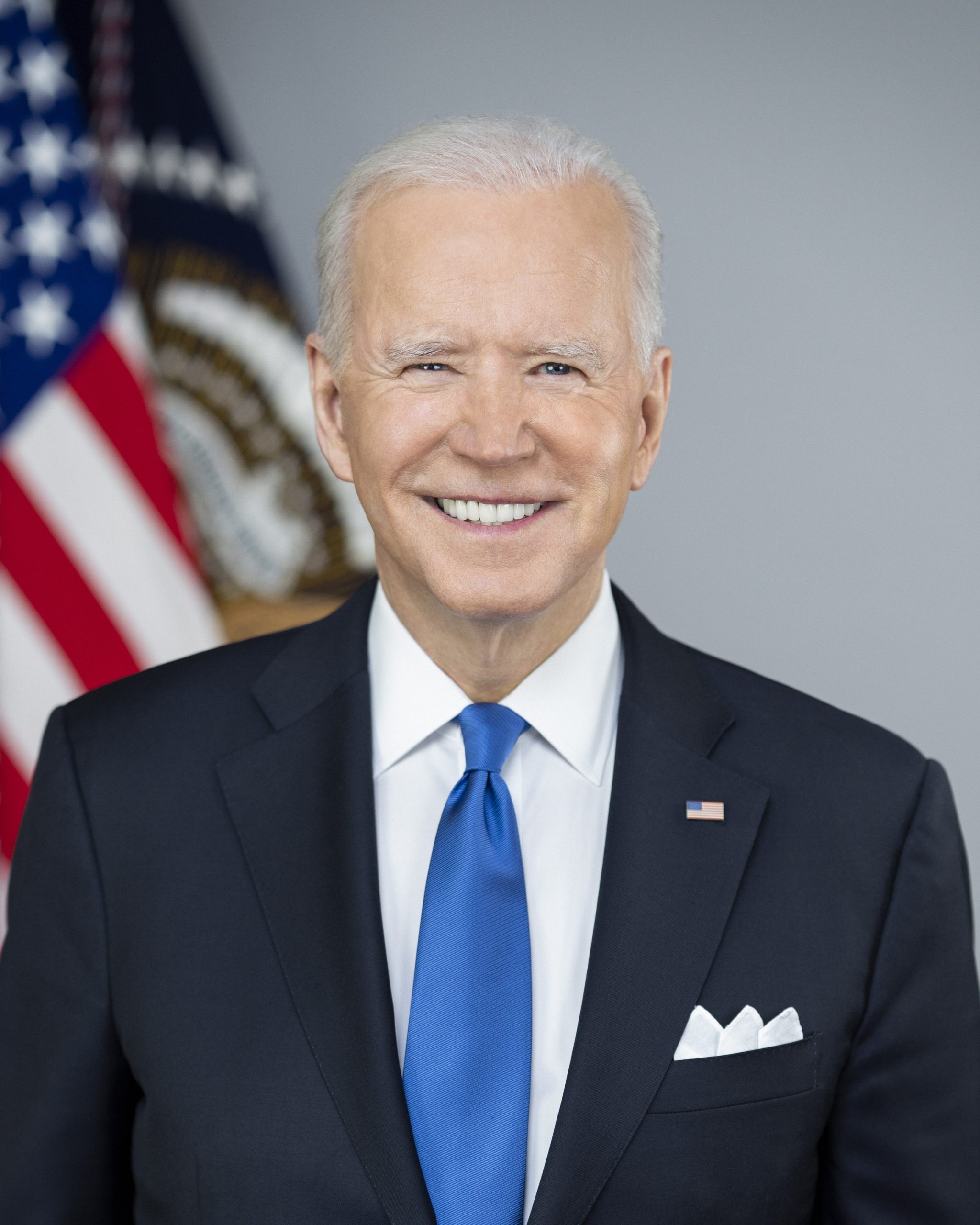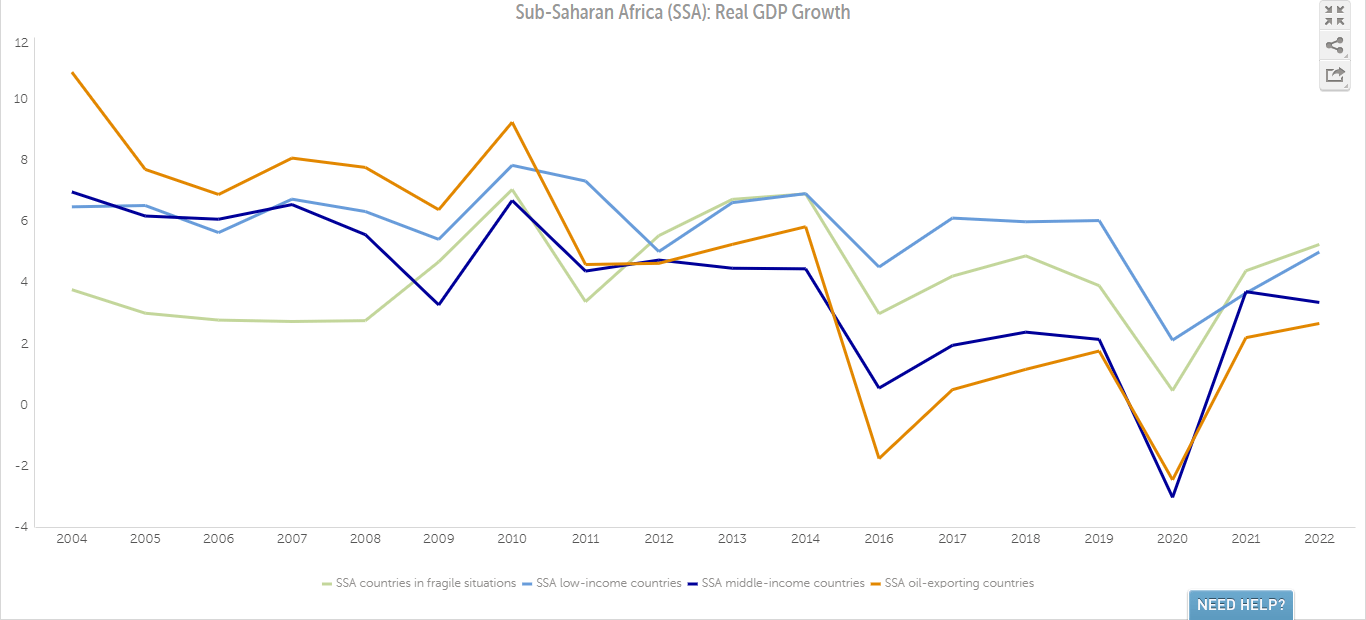Shri Anup Kumar Mudgal: “The Indian economy is now strong enough not to depend on any tax-incentivized routes”
Share

Mauritius will remain an attractive and dependable jurisdiction for structuring investments into India, reassures the High Commissioner of India to Mauritius.
BUSINESSMAG. India has always said that nothing would be done to harm the interests of Mauritius. Now, following the revision of the DTA, there are fears of mass layoffs in the global business sector. How do you explain this move by the Indian government?
This is not just “a move by the Indian government”. This long overdue amendment is the result of years of negotiations between our two countries through a consultative dialogue mechanism, where both sides worked very hard to arrive at a sustainable and mutually beneficial solution. I am very pleased that together, we have s쳮ded in this effort. Such a forward-looking and balanced outcome is fully in line with our special and historic relationship, based on mutual goodwill and trust.
BUSINESSMAG. The Indian media said it is a victory for Prime Minister Narendra Modi since negotiations have stalled for years. Are you of the same opinion?
As I have said earlier, any step forward should always be seen positively. This amendment finally provides certainty and predictability to the financial services sector on both sides, while providing adequate safeguards and provisions to address any concerns during the transition period. It also ensures that the DTA remains a valuable instrument, and a key element of the next-generation relationship between India and Mauritius in the financial services sector. So it is definitely a most welcome and positive development for both countries.
BUSINESSMAG. Minister Roshi Bhadain insists that India would have issued a termination of treaty notice by 31 March 2017 while during a video interview you gave the assurance that things would never have gotten so serious. What is the exact assessment of this situation?
There is no contradiction. As I have mentioned earlier, and as Minister Bhadain has also explained, with the fast evolving global compliance standards in the financial services sector, and India’s own firm commitment to move to source-based taxation and to bring GAAR into force star-ting the next financial year, status quo was simply no longer an option neither for Mauritius, nor for India. Both sides were acutely aware of the inevitability of this process, and therefore worked very hard to incorporate sufficient safeguards and transition provisions. It is always better to be well prepared for a deadline than to be taken by surprise.
BUSINESSMAG. The Mauritian global business sector has been the main channel for investment into India. What can we expect following the signing of the new tax protocol?
Well, the expectations are that we shall usher in a new era of transparent, predictable, and global standards-compliant financial sector cooperation between India and Mauritius. The amended DTA, combined with the intrinsic advantages of the Mauritius International Financial Centre, will ensure that Mauritius remains an attractive and dependable jurisdiction for structuring investments into India through a range of contemporary financial products and services.
BUSINESSMAG. What can you tell us about the Gujarat IFC? How would it be linked with the Mauritius IFC?
The Gujarat International Finance Tec-City (GIFT City) is part of a multi-service Special Economic Zone that is being developed as India’s first International Financial Centre, and will be home to a range of national and international banks, private equity companies, insurance companies and asset management companies. Given the longstanding relationship between India and Mauritius in the financial sector, there is immense scope for the GIFT City and the upcoming Mauritius International Financial Centre City to work together.
BUSINESSMAG. The Sensex took an immediate dip following the announcement of the revised treaty. Is this not an indication of the importance of the treaty and its impact on business sentiment in India?
If you have followed the Indian markets since then, you must have seen that the very small temporary dip has long been overcome. Market analysts and financial experts, including those here in Mauritius, are welcoming this development as one that will provide much-needed predictability and transparency to the sector.
BUSINESSMAG. Going forward, is there any apprehension that the new protocol might bring a slowdown of the Indian economy?
None at all! You must have seen Finance Minister Shri Arun Jaitley’s recent comments on the matter, where he explains that the Indian economy is now strong enough not to depend on any tax-incentivized routes, and that there would be no adverse impact on FDI as a result of this amendment, which will only serve to bring India-Mauritius financial sector engagement in line with the global compliance standards.









